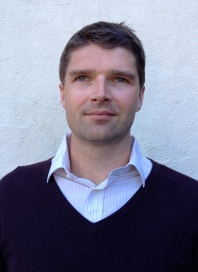The psychology of performance, as a branch of psychology pretty much is what the title suggests a domain within psychology that focuses on the way the mind works (or needs to work) to be able to perform at a high level when it counts time after time. The ability to perform, when it matters is a key characteristic of many performance environments within human endeavour including: sport, business, surgery, the emergency services, the military, and aviation. Those performers who are successful in these domains, and successful on a regular basis have developed specific strategies to cope with, and excel under the pressure that is associated with performance at the highest level. Many of the psychological strategies utilised to perform when it counts are similar across many performance-focused domains. While the context is different each performance environment is ‘pressured’ and the key psychological skills and abilities that separate the successful from the unsuccessful are relatively similar across the board.

Performance psychologists then, you would reasonably expect are individuals who have significant knowledge regarding these fundamental underpinning psychological factors, and crucially their application across a broad range of performance domains. While this knowledge and expertise is demonstrated by a small number of practitioners (who generally do not refer to themselves as performance psychologists) this specific knowledge and expertise is not the norm. Indeed, in the UK there is no regulation of the title ‘Performance Psychologist’ (a situation that is replicated in many other countries). The lack of regulation of the term psychologist in the UK means that potentially anyone can use this title even though they have not completed any structured or rigorous education and development programme. Employing a performance psychologist, unless professionally qualified (such as BASES accredited, BPS Chartered, or HCPC registered) could put clients at risk. This issue could be even more problematic as practitioners who focus on ‘performance’ can be intuitively appealing to clients because often it is performance gains they are interested in achieving.

As a result, there is a continuing need to educate the end users regarding what the options are, what appropriately qualified is, and crucially why appropriately qualified (beyond the scope of today’s blog post) is what you should be looking for. What can the qualified practitioner do that the unqualified individual can’t? This question, is of fundamental importance. In the UK we have focused too much on telling the industry who they should employ, but not the reasons why. This should be the next step I the evolution of our profession.






